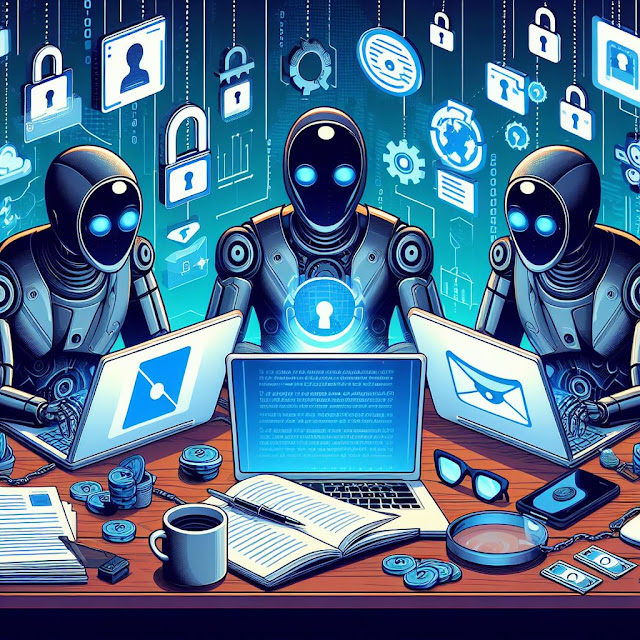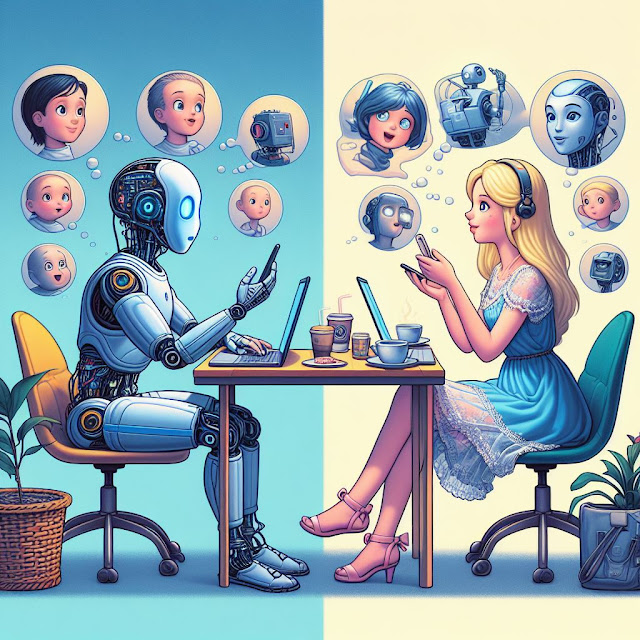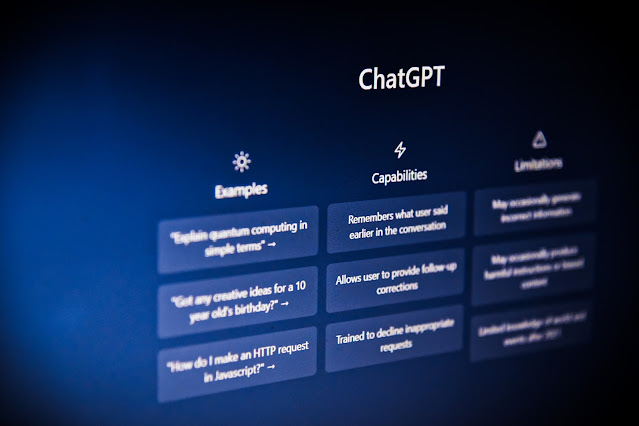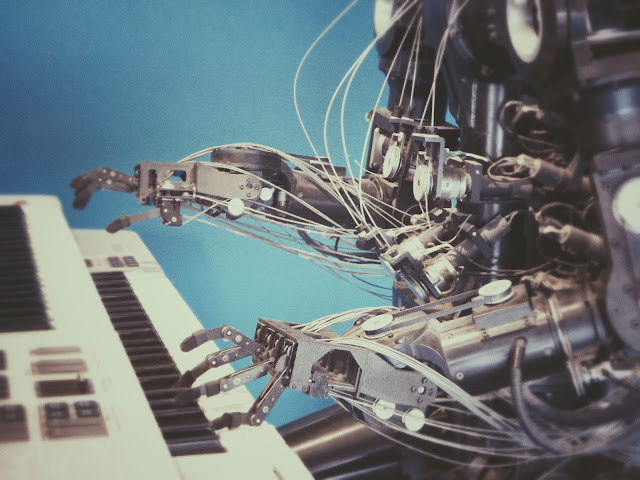How ChatGPT May Pose Challenges in Medical Research

Image AI Generated A research team, led by eye surgeon Giuseppe Giannaccare from the University of Cagliari, conducted an experiment revealing a concerning aspect of AI, specifically ChatGPT. The study integrated ChatGPT with a Python-based data analysis model to swiftly generate a set of convincing but fake data, aimed at comparing treatments for keratoconus, an eye disease. The results provided fictitious support for one of the procedures, raising ethical and practical questions about the integrity of medical research. The study emphasizes the need for methods to detect fraudulent data, showcasing AI's potential as both a problem and a solution in scientific research ethics. The discovery underscores the importance of responsible AI use and ethical considerations as society navigates the transformative power of these technological tools. The potential misuse of AI to generate false data for financial gain in the medical sector is identified as a risk, urging ca...





